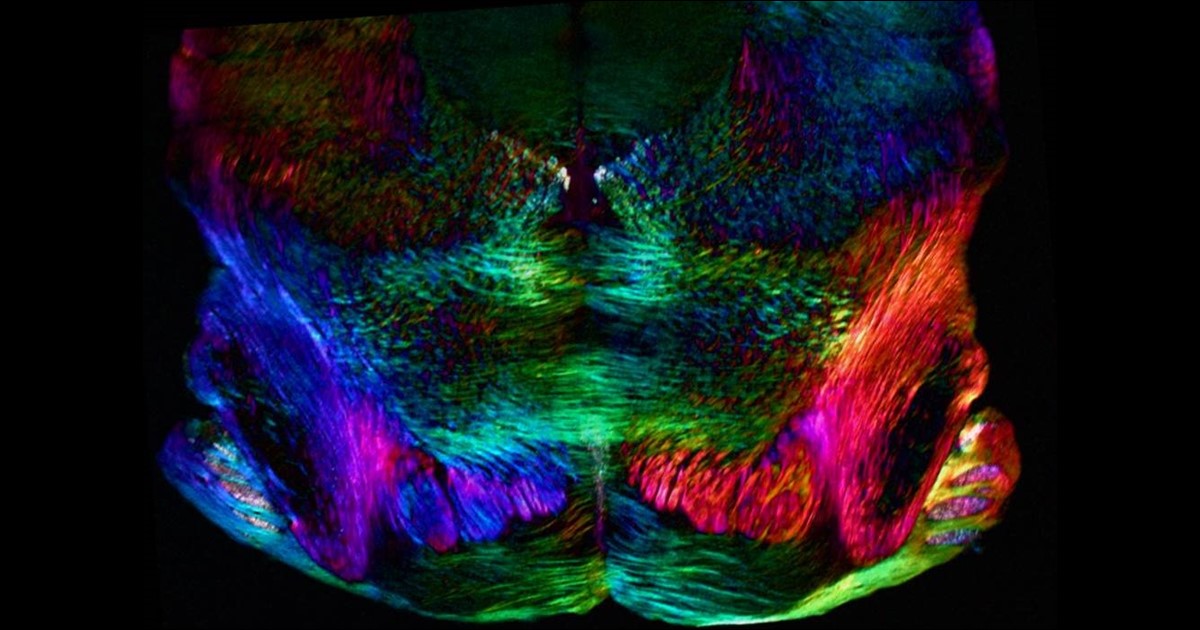Senate support; brain boom; spectrum of support
Scott Gottlieb is poised to become chief of the U.S. Food and Drug Administration, neuroscience research has blossomed over the past decade, and new grants support adults with autism.
- A U.S. Senate committee voted 14-9 on Thursday in favor of Scott Gottlieb’s nomination to head the Food and Drug Administration (FDA), STAT reports. The full Senate will vote soon on whether to confirm Gottlieb as FDA chief.
Gottlieb drew criticism for having invested in and consulted for drug companies. He has promised to sever his pharma ties, and to recuse himself from issues relating to drug companies he has had connections to for a year after that.
- Neuroscience research has burgeoned over the past decade. There were more than 37,000 neuroscience papers published in 2015, according to a study published in Frontiers in Neuroscience last month. That’s about 10,000 more than in 2006.
Some researchers worry that the growing focus on neuroscience and fundamental brain processes threatens to shortchange clinical research. But a blog in Scientific American this week says that argument is absurd.
“That the relevance of neuroscience to psychiatry is still questioned is blatantly outlandish: what organ do psychiatrists treat if not the brain?” writes Daniel Barron, resident psychiatrist at Yale University. “And what framework could possibly be more relevant than neuroscience to understanding brain dysfunction?”
- Autism Awareness month is drawing to a close. Joshua Gordon, director of the National Institute of Mental Health (NIMH), marked the occasion by highlighting key efforts to advance research into autism treatments and support for people on the spectrum, particularly those entering adulthood.
“While continued research on interventions and services for young children with [autism] is crucial, research on the needs of transition-age youth and adults with ASD is equally important,” Gordon wrote in a message on the NIMH website Wednesday. He called out three new funding initiatives aimed at bolstering research on the needs of teens and adults with autism.
Stay tuned for Spectrum’s special report on adults with autism, coming 16 May.
- The drug valproate caused major birth defects in as many as 4,100 children in France whose mothers took the medication while pregnant, according to an article in STAT this week. The article is based on a report by the French National Agency for Medicines and Health Products Safety.
Valproate is used to treat epilepsy, a seizure disorder that affects up to one-third of children with autism. The FDA issued safety warnings about the risk of cognitive impairments associated with prenatal exposure to valproate in 2011 and 2013. But French authorities have been criticized for their slow response to the risk, according to STAT.
Sanofi, the company that makes the drug, is “aware of the painful situations faced by families with children who have disorders that may be related to their mother’s treatment of anti-epileptic medicines during pregnancy,” according to a statement. “Sanofi has been fully transparent with health authorities and initiated the updating of product medical information for doctors and patients.”
- Researchers are forever finding novel ways to peer into the brain. A new technique uses polarized light to illuminate nerve fibers in a spectrum of colors. It requires a specialized microscope called a polychromatic polscope.
Francis Collins, director of the National Institutes of Health, highlighted the technique on his blog Thursday. The post features this beautiful image of a mouse brain, captured by Michael Shribak, associate scientist at the Marine Biological Laboratory in Woods Hole, Massachusetts.
 Michael Shribak / Marine Biological Laboratory
Michael Shribak / Marine Biological Laboratory - Making a career move? Send your news to [email protected].
Recommended reading

New organoid atlas unveils four neurodevelopmental signatures
Explore more from The Transmitter

The Transmitter’s most-read neuroscience book excerpts of 2025

Neuroscience’s leaders, legacies and rising stars of 2025


